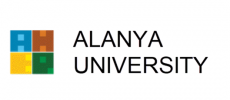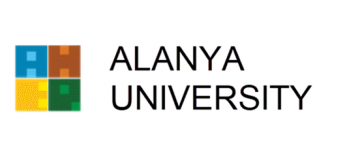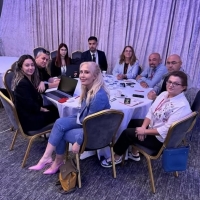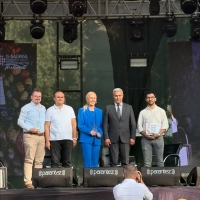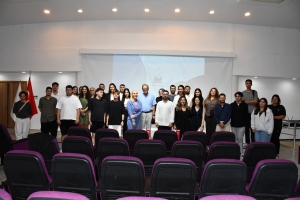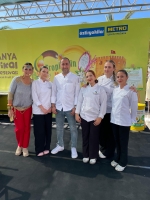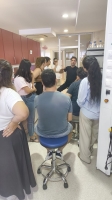On October 17, 2025, our University Rector Prof. Dr. Turan Sağer attended the multifaceted tourism planning workshop held at the Alanya Doğanay Hotel Conference Hall; our Department Head Assoc. Prof. ...
Message From Head of Department
Especially in recent years, the need for the program has increased on a local and global scale, which has laid the groundwork for the transfer of interest in our gastronomy and culinary arts department to the front row. Our main goal is to train leading leaders who will bring Turkish cuisine to the world platform. The main aim of our department is to train specialized personnel to serve the food and beverage sector that can compete at national and international level, equipped with theoretical and practical knowledge and skills needed in the food and beverage sector. Another aim of the department is to provide the sector with individuals who recognize Turkish and world cuisines and will mediate the promotion of our Turkish cuisine. In addition to theoretical courses in food science, nutrition and business, our students will have the opportunity to practice Turkish cuisine, world cuisines, pastry and bread making and many courses and will be able to blend theory and practice and advance towards gaining competence in the field. At this point, it is very important to contribute to the education of individuals who will protect and promote our rich culture, which has cultural values that will contribute qualitatively and quantifiably to the development of the tourism industry in our country.
Our students studying in the Department of Gastronomy, which serves as a bridge in transferring Turkish culture to future generations, will also be able to create a roadmap for conducting competitions, projects, scientific publications and research related to cuisine with expert chefs and academics in their field. One of the most important advantages of the program is that it will fill the gap of competent teachers in this branch and close the gap in the relevant field of our graduates. We are waiting for all our students, who are future chef candidates, to our most popular tourism and cultural paradise Alanya, where the green nature is dominated by all colors, where they can use local products and reflect another spirit and excitement on their plates.
Assoc. Prof. Dr. Esra MANKAN
Our students studying in the Department of Gastronomy, which serves as a bridge in transferring Turkish culture to future generations, will also be able to create a roadmap for conducting competitions, projects, scientific publications and research related to cuisine with expert chefs and academics in their field. One of the most important advantages of the program is that it will fill the gap of competent teachers in this branch and close the gap in the relevant field of our graduates. We are waiting for all our students, who are future chef candidates, to our most popular tourism and cultural paradise Alanya, where the green nature is dominated by all colors, where they can use local products and reflect another spirit and excitement on their plates.
Assoc. Prof. Dr. Esra MANKAN
